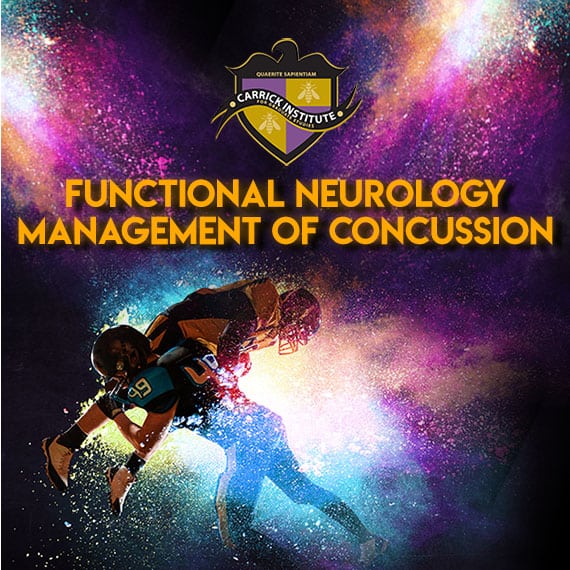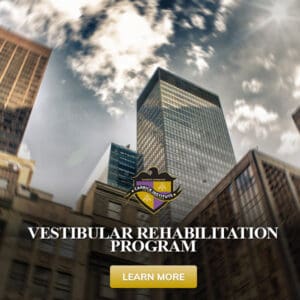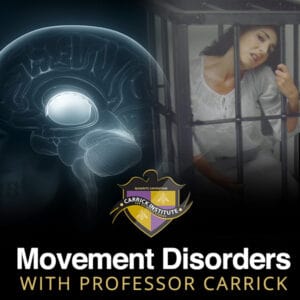THIS PROJECT HAS BEEN YEARS IN THE MAKING. ARE YOU READY TO LEARN HOW TO DELIVER UNPRECEDENTED CONCUSSION OUTCOMES? IT’S TIME!
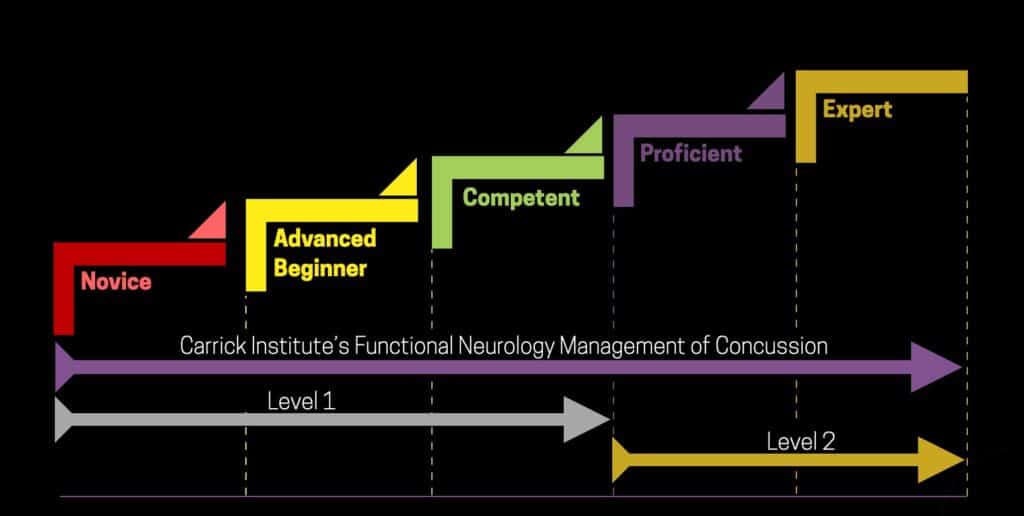
A Two-Level Approach to Concussion Management Education
- Level 1 is 70 hours of education focused specifically on critically evaluating consensus statements and current publications, to guide in the development of a contemporary, comprehensive approach to concussion/mTBI. We discuss risk factors that may predict concussion. We examine factors that make individuals more vulnerable to sustaining a concussion. The pathophysiological story of an mTBI is reviewed, from the mitochondria through the abstract concept of neural networks and graph theory. We discuss the time of impact management, and urgent care, including hospital protocols, imaging algorithms, and acute care. Utilizing the decades of research that exists on concussion symptoms and clinically-evaluated dysfunction, we lay the pedagogical foundation of this course on the 7 concussion phenotypes. Special attention is given to ensure the development of competency in the entrusbable professional activities of assessing each phenotype empirically, with minimal technology, and unprecedented confidence.
- Level 2 is for the dedicated practitioner that wants to be the go-to concussion solution provider in their area. It is a 280-hour mastery program designed by Dr. Antonucci in collaboration with our robust medical advisory board, to cultivate expertise in concussion and mTBI rehabilitation on the foundational concepts taught in Level 1, with a depth of information that can not be found anywhere in post-graduate education. Level 2 Scholars will learn the essential and nuanced details about human sensory processing and motor control systems that are disrupted by concussion and mTBI, and the therapeutic modalities designed to restore their integrity.
Program Structure
- Flipped Classroom – A flipped classroom is a style of blended learning that introduces crucial foundational concepts before the main lectures and applications are taught. This allows all scholars to enter the main program on the same level and encourages deeper learning on more advanced topics during the main lectures.
- Interactive Asynchronous Learning – Interactive asynchronous learning allows you to learn on your own schedule. The main lectures are pre-recorded and will be available 24/7 on your online learning portal. Our online learning features interaction through knowledge-check questions embedded throughout the lectures, quizzing, and submission of open-ended written competency evaluations. The material will remain on your learning portal as long as one maintains an active Carrick Institute account. We encourage scholars to review the material several times for the best learning experience.
- Onsite-Learning – To achieve certification status, one must attend the onsite portion for each level. The onsite learning will carefully instruct clinicians on the hands-on skills they need to know for proficiency in the management and rehabilitation of concussions.
- Level 1 – Chapter 4 (Creating and Performing a Baseline Assessment): 3 days onsite (25 neurology hours)
- Level 2 – Chapter 8 (Therapeutic Procedures Workshop): 3 days onsite (25 neurology hours)
Level 1 Objectives
Chapter 1 – Consensus Guidelines and Recommendations [Concussion Primer Flipped Classroom (via online self-paced learning)]- Definitions and Causes of mTBI / Concussion
- Pathophysiology of mTBI / Concussion
- Epidemiology of mTBI / Concussion
- The Acute Management and Urgent Care of mTBI / Concussion
- Treatments for Acute of mTBI / Concussion
- The Importance of Obtaining Baseline Brain Health Measurements
- Measuring Consciousness
- Pathophysiology of Cortical and Subcortical Structures in mTBI
- Phenotyping Concussions
- Collecting Data and Creating Predictions/Prognosis
- Creating a Concussion Intake Form
- The Relationship Between Sensory Seeking Behaviors and Mental Toughness and Concussion
- Tools for Assessing the Symptom Burden of mTBI
- Outcome Assessment Tools for Concussion, and Health-Related Quality of Life (HRQoL)
- The Screening of Affect for Non-Psychologists
- Screening for Sleep Disturbances in Concussion
- Screening for Autonomic Dysfunction in mTBI
- Supporting Literature Reviews on All Previously Listed Topics
- Library of Outcome Assessment Tools and Patient Reported Outcome Measures
- Analysis and Comparison of Contemporary Concussion Evaluation Tools (Screening, Confirmatory, Objective)
- The Embryological Development of Sensory Processing and Motor Control and Its Application to mTBI and Concussion
- The Role of the Physical Examination in mTBI and Concussion
- The Interpretation and Correlation of Vital Signs in Relationship to mTBI
- The Bedside Evaluation of Autonomic Function in Concussion
- Evaluating Cognitive Performance
- Optometric and Orthoptic Functional Evaluation
- Assessing Somatesthesia and Motor Control
- The Bedside Evaluation of Assessment of Graviception, Linear and Angular Movement
- Evaluating the Effects of Sensory Error on Autonomic Function
- This is a 3-day, hands-on, skill-development course. You will be the doctor and the patient. You will leave with certifiable proficiency in performing the examination procedures detailed in Chapter 3, and the results of your personal brain health baseline assessment. Please wear loose fitting clothing and bring the tools introduced in Chapter 3
- This course consists of more than 50 EPAs or Entrustable Professional Activities that will be taught and perfected throughout the weekend. Scholars will need to attend, be assessed for proficiency, and must pass to achieve FN-MOC certification status.
- Tools and Technology for Clinical Efficiency
- Crafting a World-Class Report of Findings
- Evidence Supported Palliative and Therapeutic Modalities for Concussion and mTBI
- Including generalized approaches to:
- Cardiovascular/Metabolic
- Vestibular
- Musculoskeletal
- Visual/Oculomotor
- Cognitive/Affective
- Return to Activities and Return to Play Protocols
- Putting It All Together: Your Community and Your Practice
- Introduction to Moderate and Severe Brain Injuries
- Discussion on Chronic Traumatic Encephalopathy or “CTE”
- Chapter 4 must have been completed on-site and proficiency confirmed by the course instructor.
- All 5 chapters must be complete at the time of application.
- At the time of examination, applicants must present 15 de-identified, but verifiable, direct-contact experiences with an individual or individuals with concussion or mTBI.
- Applicant must receive a passing score on the examination:
- 100 Multiple-Choice Questions
- Must score 80% or higher
- 5 essay questions, 20 points each (grading rubric will be furnished at the time of examination)
- Must score 80% or higher
- 100 Multiple-Choice Questions
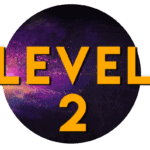
Level 2 Objectives
- To solve persisting concussion symptoms, scholars must understand why they are persisting, to begin with. The mechanisms of PCS are related-to but are different than the mechanisms of acute concussion. Therefore, they need to be managed differently. Scholars will find these answers and more in this carefully curated flipped classroom assignment.
- After weeks, months, and sometimes years of neuroplastic remodeling, the brain and its environment is often in a downward spiral. Chronic inflammation, hormonal disruption, autonomic dysfunction, insomnia, and other challenges perpetuate pain, suffering, injury, and poor quality of life. In this chapter, we will discuss common metabolic, autonomic and sleep disturbances caused by hypothalamic and pituitary dysfunction, as well as remodeled central autonomic networks.
- In Level 1, we learned that vestibular processing is the most precocious sensory modality, upon which all other senses are tangentially built. In this chapter, we discuss the advanced vestibular testing, interpretation, and multi-sensory training that can augment central and peripheral vestibular processing.
Program Structure
This 2-level program utilizes a specific pedagogy to ensure the best learning experience for attending clinicians, while also making it available to clinicians worldwide.
FLIPPED CLASSROOM
A flipped classroom is a style of blended learning that introduces crucial foundational concepts before the main lectures and applications are taught. This allows all scholars to enter the main program on the same level and encourages deeper learning on more advanced topics during the main lectures.
INTERACTIVE ASYNCHRONOUS LEARNING
Interactive asynchronous learning allows you to learn on your own schedule. The main lectures are pre-recorded and will be available 24/7 on your online learning portal. Our online learning features interaction through knowledge-check questions embedded throughout the lectures, quizzing, and submission of open-ended written competency evaluations. The material will remain on your learning portal as long as one maintains an active Carrick Institute account. We encourage scholars to review the material several times for the best learning experience.
ONSITE-LEARNING
To achieve certification status, one must attend the onsite portion for each level. The onsite learning will carefully instruct clinicians on the hands-on skills they need to know for proficiency in the management and rehabilitation of concussions.
Level 1 & Level 2 both have an onsite module that is required to attend to receive certification status. Level 1 – Chapter 4 (Creating and Performing a Baseline Assessment): 3 days onsite (25 neurology hours) Level 2 – Chapter 8 (Therapeutic Procedures Workshop): 3 days onsite (25 neurology hours) Those who complete Level 1 & Level 2 of Functional Neurology Management of Concussion will be eligible to sit for the FABBIR board examination from the ACFN.

